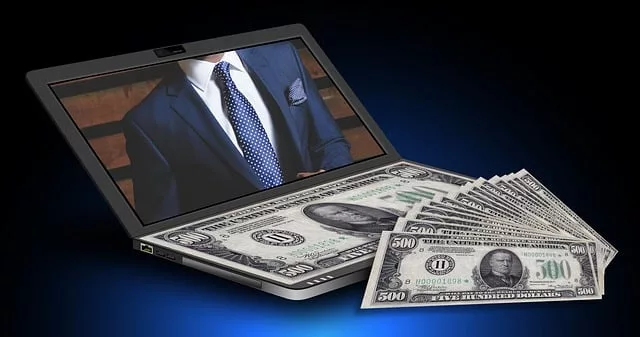Ways to Improve Your Credit Score as Service Member or Veteran

Improve Your Credit Score
Lenders use your credit score to evaluate your credit risk and estimate how likely it is that you will pay them back on time. If your credit score isn’t high enough, you won’t be able to utilize any of the benefits that come with it such as receiving loans, credit cards, and favorable interest rates. It takes time to improve your credit score, but the sooner you pinpoint your issues, the sooner you’ll be able to achieve a higher credit score.
Credit scores are based on a snapshot of your credit file at a particular point in time. Scores vary based on factors such as age of accounts, payment history, and credit utilization. These scores also help you better understand your financial health.
Determine What You Need to Improve
Every year, you can receive a free report from all three credit bureaus; TransUnion, Equifax, and Experian. These reports can be obtained through AnnualCreditReport.com. Instead of requesting all three at once, request one report every four months from a different agency to better monitor your credit information. Having this information will point out what is influencing your score the most. Understanding what is affecting your score will help you make the right changes to improve your score.
Dispute Errors On Your Credit Reports
Once you receive your credit reports, check to make sure everything is correct. Making sure your information is accurate will mitigate any damage to your score. If you notice any inaccuracies, you will need to dispute each error individually and contact both the credit reporting company and the company that provided the information. At Consumer Financial Protection Bureau, they provide all of the necessary steps and documents needed to correct your issues.
Keep On Top of Payments
Paying your bills on time can positively impact your credit score. Lenders look into your past payment performance as a sign of how reliable you are when it comes to paying your bills. If your behind on bills, make a budget, list out all of your bills, and include minimum payments to get current. To ensure you make your payments on time, it may be useful to use resources such as calendar reminders or automatic payments.
Keep Balance Low on Credit Cards
Another factor that impacts your credit score is the credit utilization ratio. This ratio is calculated by dividing the amount of credit you owe by your credit limit. A ratio of 30% or less is considered a good indication that you know how to manage your credit. In order to keep your ratio low, don’t overspend, pay off debt, and leave cards open after paying them off.
Don’t Close Unused Credit Cards
Although it may be tempting to close a credit card after paying off the debt, it’s better to keep it open. Closing an account may increase your credit utilization ratio because it affects the amount of credit you have available. For example, if you are $2,000 in debt and have two credit cards with a limit of $3000 and $5000, you have a credit utilization ratio of 25%. If you close the $3,000 limit credit card, you have less credit and that brings your ratio up to 40%. This increase in your ratio can have a negative consequence on your credit score. Before you decide to close an account, access how it will impact your credit utilization ratio.
Avoid Applying For Too Much Credit
Although having more credit can increase your credit limit, any hard inquiry appears on your credit report. This inquiry occurs when you apply for credit and the lender checks your credit score or report from one of the major credit bureaus. If you have multiple inquiries in a short period of time, it will reduce your score and remain on your report for two years. To avoid this, apply for credit only when needed.
RELATED:
- Getting Started with VA Loan Benefits
- The VA Loan Certificate of Eligibility
- The VA Loan, A Military Benefit You Should Use
- VA Loan Limits
About the author
Editor-in-Chief Joe Wallace is a 13-year veteran of the United States Air Force and a former reporter/editor for Air Force Television News and the Pentagon Channel. His freelance work includes contract work for Motorola, VALoans.com, and Credit Karma. He is co-founder of Dim Art House in Springfield, Illinois, and spends his non-writing time as an abstract painter, independent publisher, and occasional filmmaker.



